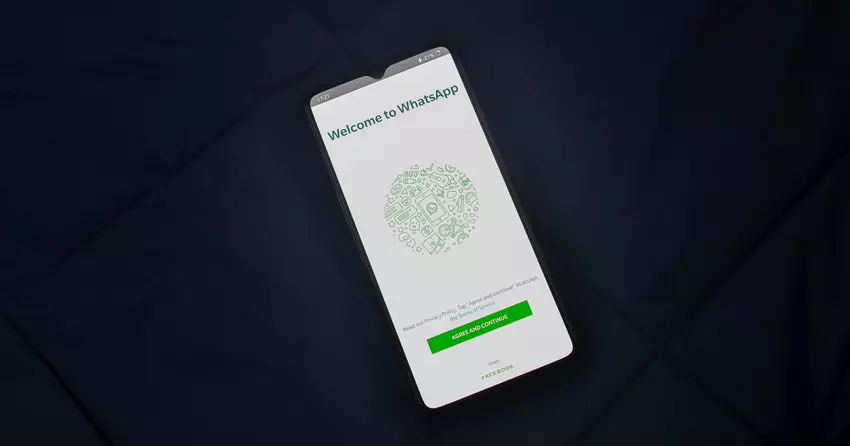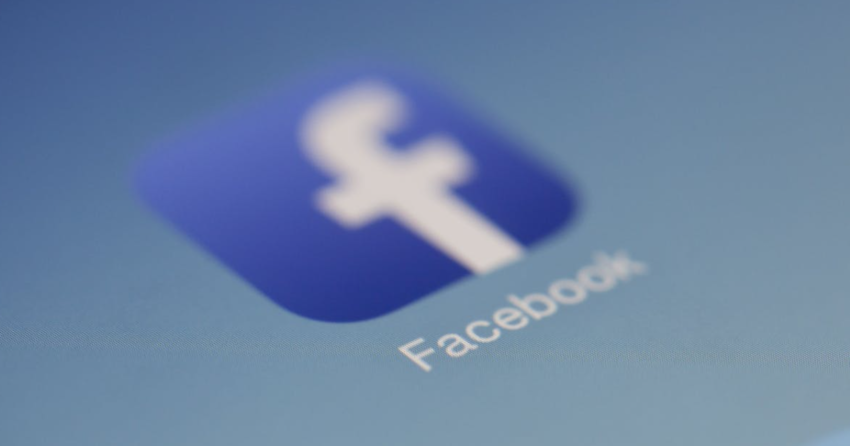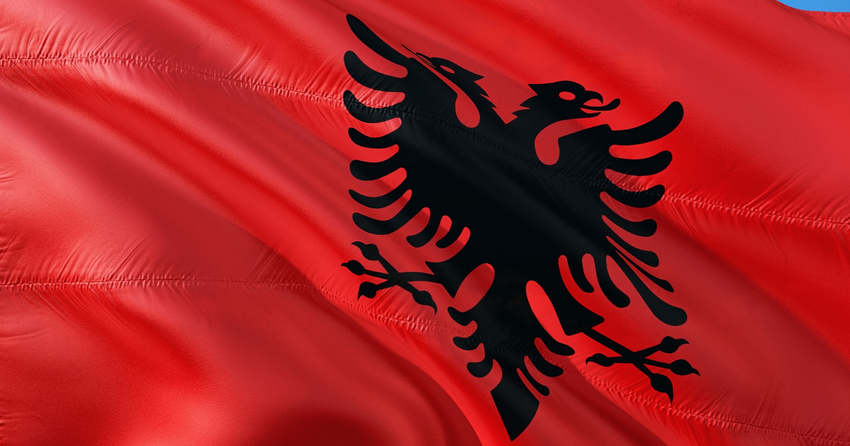
Iran Lifts Whatsapp and Google Play Ban After Two Years
Iran’s Supreme Council of Cyberspace announced on December 24 that it had voted to lift years-long restrictions on foreign platforms like WhatsApp and Google Play. Authorities had imposed the ban after the widespread use of apps like WhatsApp during mass anti-government protests in 2022.
Iran’s Minister of Information and Communications Technology, Sattar Hashemi, published a statement on X after the decision: “Today, we took the first step towards lifting internet restrictions with unity and collaboration. I extend my gratitude to the President, media, and activists for their efforts. We need this solidarity more than ever. This path continues.” Many Iranians remain skeptical, given the country’s history of sudden policy reversals.
Iran has one of the world’s most restrictive internet policies, blocking an estimated 70% of all pages. However, Iranian citizens often bypass these blocks through virtual private networks (VPNs).
Until 2022, WhatsApp was among the country’s most popular messaging platforms, following Instagram and Telegram. Authorities banned it for its role in organizing nationwide protests sparked by the death of 22-year-old Mahsa Amini, who died in the custody of Iran’s morality police.
In September, the United States called on Big Tech to help users avoid online censorship in countries with heavy restrictions, such as Iran.
The vote wasn’t unanimous and has detractors in other areas of government. Following the vote, 136 members of Iran’s 290-member parliament sent a letter to the top council for safeguarding the internet, calling it a “gift to [Iran’s] enemies.”
Lawmakers emphasized that the ban should only be lifted if the platforms “are committed to the values of Islamic society and comply with the laws.” The session where the vote took place reiterated the importance of “regulated governance in cyberspace and the need to support domestic platforms,” as reported by the Islamic Republic News Agency (IRNA), Iran’s official news source.
The move comes shortly after the country’s newly appointed president, Masoud Pezeshkian, took office. Pezeshkian had pledged to ease Iran’s internet restrictions.
Popular social media platforms like Facebook, X, and YouTube remain blocked after their ban in 2009. It remains to be seen whether these changes will have a lasting impact on digital freedoms nationwide.













